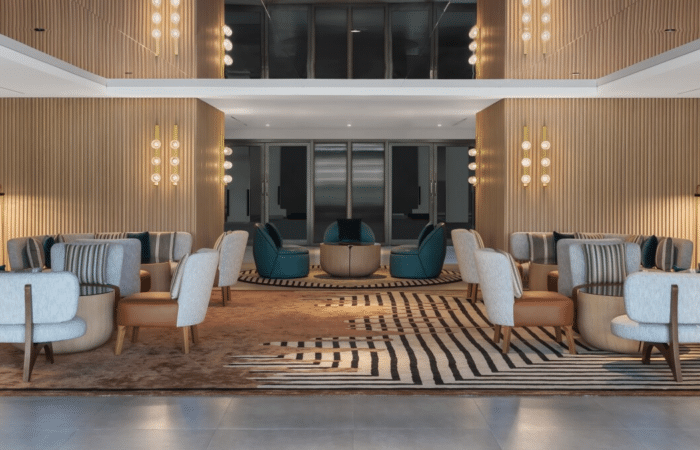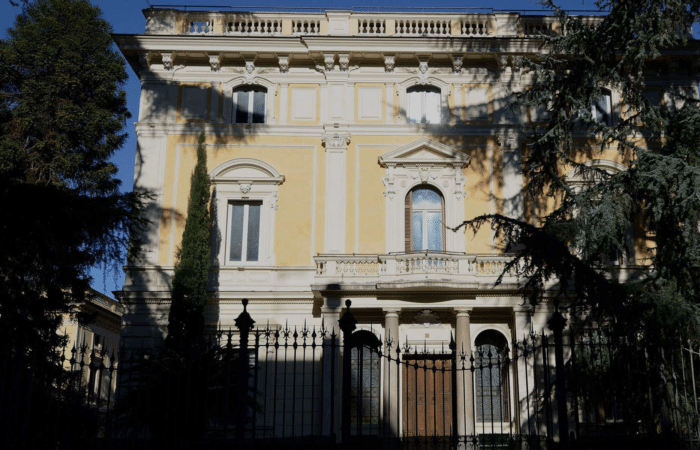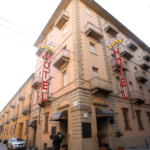In the capital city alone, there are more than 12,000 unapproved non-accommodative structures, according to data sourced from the Tourism Department of the City Council. This information was cross-referenced with official records and listings on prominent online platforms.
As reported in the local edition of Corriere della Sera, this situation has resulted in a failure to contribute to the tourist tax, which amounts to an estimated 20 to 40 million euros.
Over the past four years, the number of non-hotel accommodations has witnessed a 22% increase. The count rose from 17,940 in 2019, to a total of 22,828 this year. This growth remained uninterrupted even during the pandemic, partially attributed to the anticipation of a significant influx of pilgrims arriving in Rome for the Jubilee in 2025.
This rapid expansion poses a potential threat to the historic center’s character. To safeguard it, the Municipality of Rome is considering measures to restrict the issuance of licenses for non-hotel accommodations. However, Onorato points out in his conversation with Corriere that local administrations in Italy face limitations in taking such actions. A simple three-line decree-law could prevent over 10,000 unauthorized non-hotel accommodations from utilizing platforms like Airbnb, Booking, and Expedia, yet Minister Santanchè has not taken any action. Making the display of an authorization code issued by the Municipality mandatory for accessing sales platforms could effectively eliminate unauthorized practices.





